While Sullivan and Ulster counties today are known for their countless miles of Catskills trails, quaint hippie towns and world-class climbing spots, they were once known for housing one of the grandest collections of summer resorts in all of America: the Borscht Belt.
For over 50 years, more than 500 hotels and thousands of bungalows catered to countless guests annually, creating a bubbling cultural scene like no other. Though the Borscht Belt era is now long-gone, the impact that it had on Jewish and American culture is undeniable and one that won’t be forgotten any time soon.
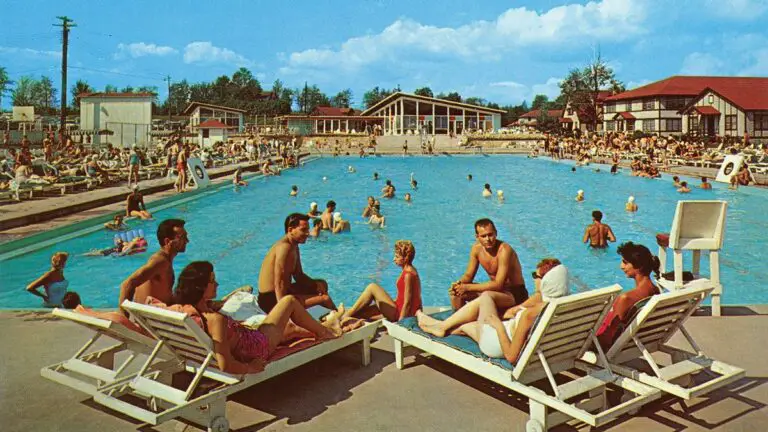
Early Years
Initially created in reaction to the increases in anti-Semitism in the New York City area during the early 1920s, the Borscht Belt was a safe haven for Jewish people who had been excluded and banned from other resorts and hotels in New York and surrounding states. Due to the massive demand and lack of alternative vacation destinations, Borscht Belt resorts quickly became a popular holiday spot for Jewish people in the region. Only 100 miles from New York City, the Catskills Borscht Belt resorts were extremely close and traveling there was simple. Frequent train service even gave those without cars a simple way to get north.
Once the Borscht Belt gained a reputation through word of mouth, Jewish families began flocking to the Catskills in droves. Many of them would even spend multiple months in the resorts, which led to the region becoming extremely special for much of the New York Jewish population. And why wouldn’t it be? Borscht Belt accommodations not only provided a nondiscriminatory vacation destination for Jewish people but also boasted luxurious hotels, top-tier music and entertainment and stunning natural beauty.
In addition to resorts for the more well-off patrons, the Catskills also had thousands of bungalows, which usually had a kitchen/living room/dinette, one bedroom, and a screened porch, which less well-off people were usually able to afford. Regardless of class and creed, there was a place for everyone to visit in the Borscht Belt.
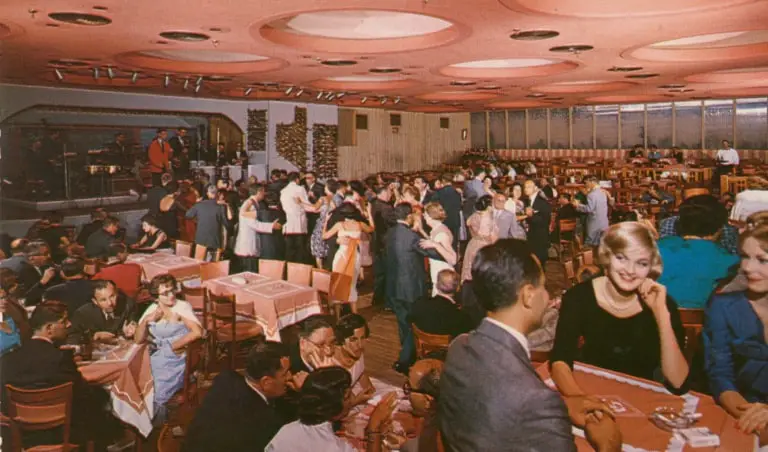
Prime
In the Borscht Belt’s prime, over 500 resorts and 50,000 bungalows dotted the scenic hills of the Catskills. From Memorial Day to Labor Day every year, thousands of people would flood to the region, enjoying the virtually unlimited lavish amenities. Despite the resorts catering largely to their Jewish clientele, the food, music and entertainment were all top-notch, not just for the region or religion but for all of America.
Walking into one of the high-end resorts was an experience like no other. One would be met with hundreds of workers hurriedly walking around, buffets lined with more food than anyone could eat and happy guests walking to the pool or golf course. There was no shortage of entertainment in the Borscht Belt. Even busboys would have little acts they would do while serving patrons, just to get a better tip. And with all the people in such close quarters having grand times, resorts also gained the reputation of being the place to go to find your future partner.
For a few decades, the Borscht Belt looked unstoppable. Business was consistent, the resorts and bungalows kept filling up and food kept flying off the plates.
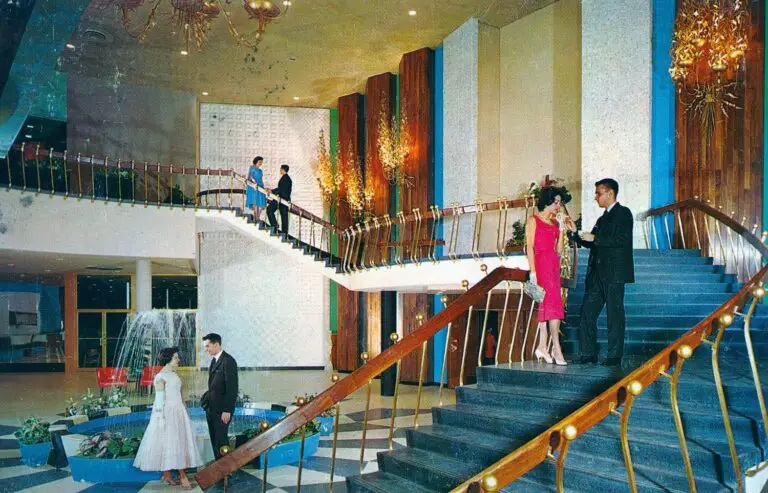
The Stars
With the Borscht Belt being so successful for many decades, naturally, the money was there to bring in the finest talent. With Vaudeville dying out 1930s with the arrival of moving pictures, comedians had to go somewhere else, which, in combination with the Borscht Belt’s rise, gave way to the perfect storm. Some of the country’s best all-time comedians, like Milton Berle, Rodney Dangerfield, Woody Allen and Jackie Mason, all got their start or regularly performed in Borscht Belt venues. Audiences were used to seeing the best of the best and would not shy away from giving vocal criticism, so the Borscht Belt became known as a comedy bootcamp for comedians looking to rise to the next level.
During the few decades of the Borscht Belt’s prime, already established comedy legends like Norm Crosby, Jack Carter and Shecky Greene butted heads with rising talents and future stars like David Brenner, Bill Dana and Robert Klein. A young Jerry Seinfeld even used to sneak into watch shows, which greatly influenced his future career as a comedy megastar. The high-pressure environments that comedians had to endure, just like how pressure makes diamonds, led to some of the greatest comedy shows of all time going down in the Catskills.
Comedy was massive in the Borscht Belt, but it wasn’t everything. While the music scene in the region lacked the star power that the comedy scene had, the quality was far from lacking. Hundreds of musicians were employed by the resorts to provide constant performances for guests, which heavily contributed to the festive reputation of the Borscht Belt era. No matter where you went, whether it be a small bungalow colony or the Concord Resort Hotel, music was everywhere, and that’s how people liked it.
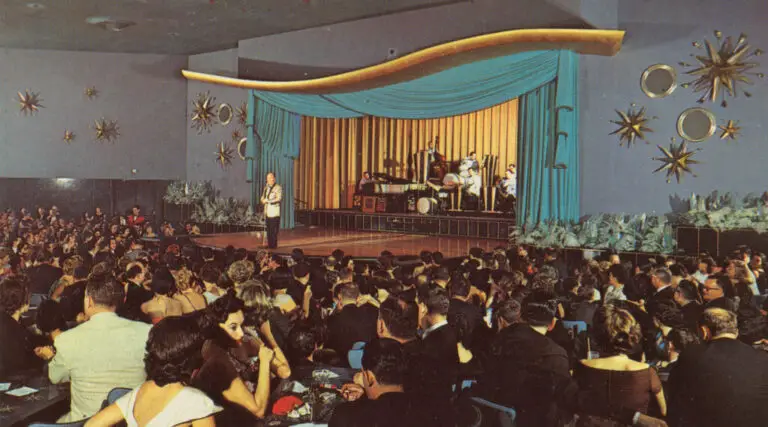
The Fall
In the late 1950s and ’60s when air travel became more simple and affordable, people’s options for where they could vacation widely increased. The trains that used to frequently run up to the Catskills from New York City also decreased in frequency. These changes in travel, alongside the decrease in anti-Semitism in the decades following World War II, gave Jewish people more places to go to which were also more accepting of their faith. Another major development in the 1950s was television’s replacement of the radio as America’s most dominant broadcast medium. Now, people didn’t have to go up to the Catskills to catch a comedy or music show, they just had to turn on the TV.
As the ’60s gave way into the ’70s and ’80s, more and more of the once-thriving Borscht Belt resorts closed their doors for good. The closings acted as a domino effect: some resorts would close, which would lead to fewer overall guests vacationing in the Borscht belt. The lack of customers would cause more disrepair, which would lead to more closures, and the cycle would continue. First, the bungalow colonies fell, then the small hotels, then the large resorts. By the time 2000 rolled around, the Borscht Belt was a shell of its former self. In 2013, Kutsher’s Hotel, the last of the staple resorts, fell, signifying the official end to the already long-gone Borscht Belt era.
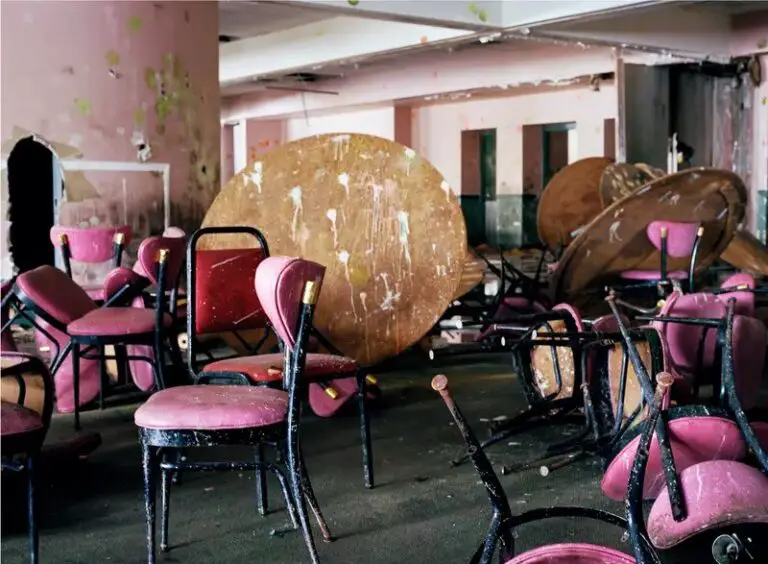
Today
Although the Borscht Belt’s prime is long gone, the region’s rich history has lived on. Documentaries including “When Comedy Went to School” have done excellent jobs at painting the picture of what the golden era of the Borscht Belt was like to experience, highlighting the comedic superstars that ruled over the Catskills.
The Borscht Belt Museum, a museum documenting the golden age of the Catskills resort era, also opened in 2023 and has already done a lot to document and spread Borscht Belt culture, frequently updating their historical exhibits that are open to all visitors. The museum also recently hosted their second annual Borscht Belt Festival, which, in their words, is “a project which is dedicated to preserving the legacy of the Borscht Belt resort era, and celebrating its history as a refuge from bigotry, the cradle of stand-up comedy and a cultural catalyst that left deep imprints on America.”
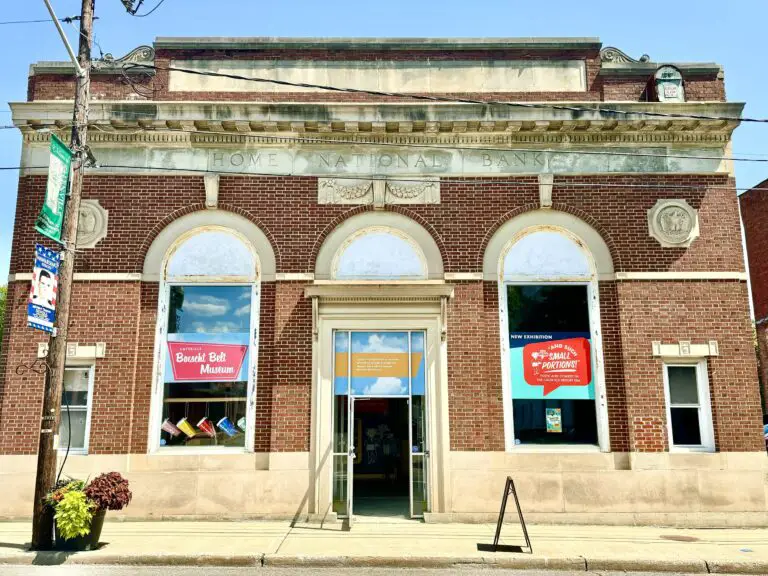
Many people have also been paying homage to the traditional Jewish music that rang through the Catskills decades ago, creating and sharing music honoring times past. The Jews Brothers Band is a modern Klezmer band that makes music inspired by their director’s grandfather’s old Jewish music. One of their top songs, “Up in the Borscht Belt,” harkens back to the Borscht Belt’s prime and all of the wonderful qualities that made it such a special destination.
Aaron Bendich is a 30-year-old New Yorker who, inspired by memories with his grandfather in New York City, has created and hosted two Jewish music radio shows, with the more recent one being named “Borscht Beat.” Although The Borscht Belt’s prime lasted for nearly a half-century, the impact on not just Jewish culture but American comedy and music culture is everlasting. Indeed, the Borscht Belt is alive and well. L’Chaim!


Comments are closed.